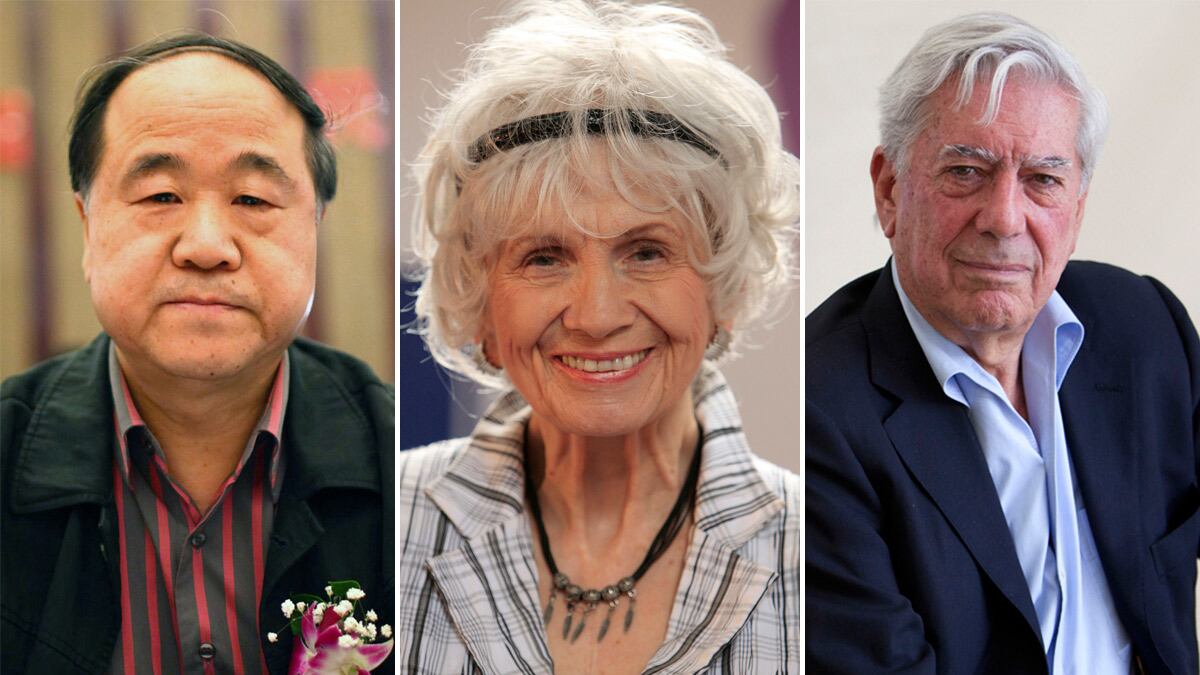Archive
Imaginechina/Corbis; Getty (2)
Nobel Prize In Literature
Laureates
The 2013 Nobel Prize in literature has been awarded to Canadian short-story master Alice Munro. Here's a breakdown of all the winners since 2000.

Trending Now
Crime & JusticeUnshaven Luigi Mangione Shows Signs of Stress in Court
Crime & JusticeLuigi Mangione Judge Married to Former Healthcare Exec




